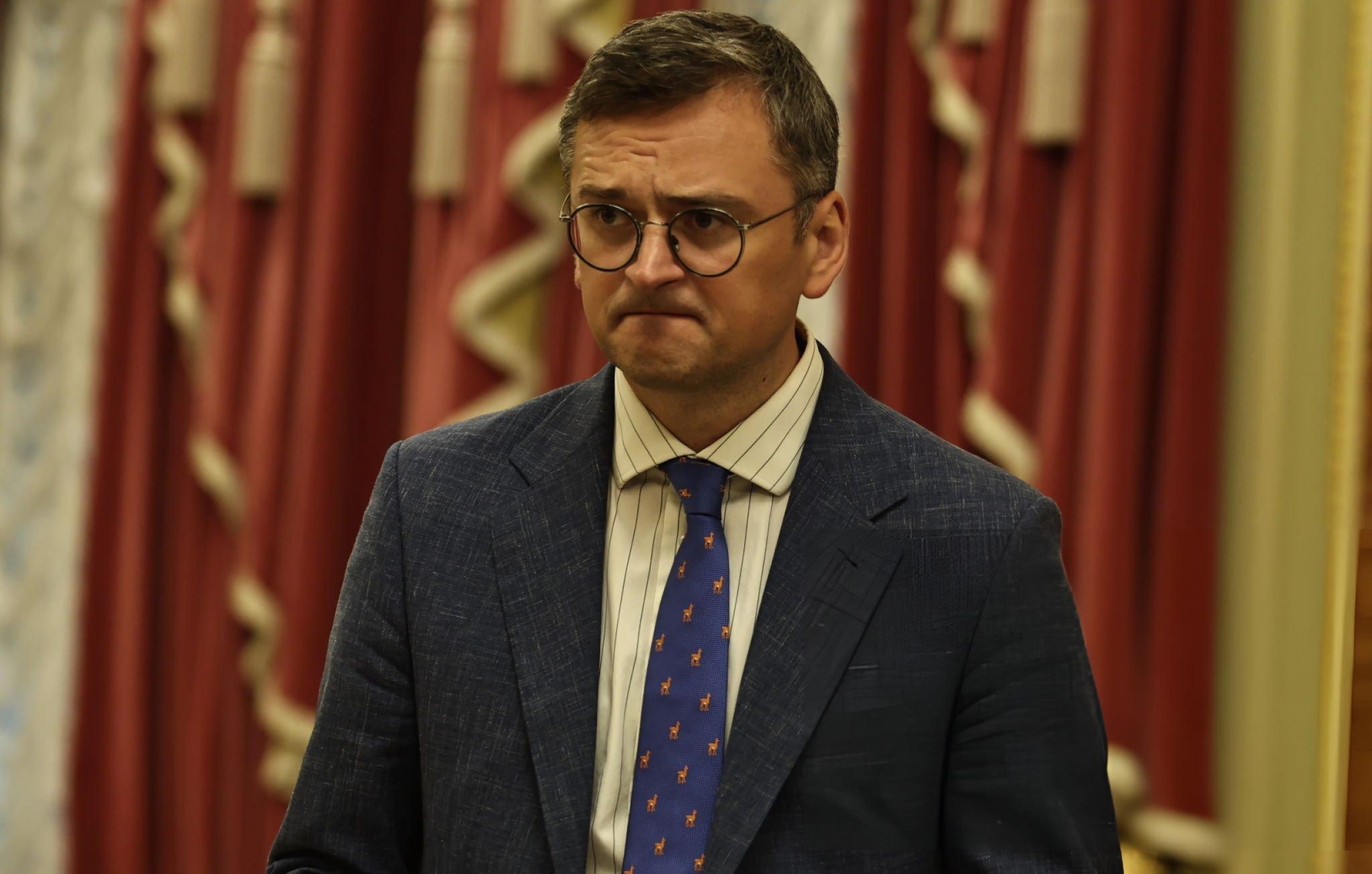Ukraine’s Foreign Minister Dmytro Kuleba recently met with Indian Foreign Minister Subrahmanyam Jaishankar during a two-day visit to India, marking the first high-level interaction between Ukraine and the South Asian nation since Russia’s invasion of Ukraine nearly two years ago. The discussions focused on Ukraine’s ongoing efforts to rally international support for its peace initiative, which seeks to end the devastating conflict with Russia.
Kuleba emphasized that a significant portion of his meeting with Jaishankar revolved around Ukraine’s proposed “Peace Formula” — a plan that calls for the complete withdrawal of Russian forces from all Ukrainian territory. “We paid specific attention to the Peace Formula and the next steps on the path of its implementation,” Kuleba said following the meeting. This initiative aligns with Ukraine’s broader diplomatic strategy of garnering support from nations around the world as it continues its struggle against Russian aggression.
India’s stance on the Russia-Ukraine conflict
During their discussions, Jaishankar reiterated India’s position on the conflict, highlighting the importance of diplomacy and dialogue in resolving the war. India, with its longstanding economic and political ties to Russia, has maintained a neutral stance throughout the conflict. New Delhi has consistently called for a peaceful resolution but has refrained from publicly criticizing Russia or voting against it at the United Nations.
In a post on X (formerly Twitter), Jaishankar noted that the two leaders exchanged views on “various initiatives” related to the ongoing conflict and discussed its broader ramifications on the global stage. While India has been hesitant to directly align itself with Ukraine’s peace initiatives, the meeting signifies an important diplomatic engagement between Kyiv and New Delhi, as Ukraine seeks to strengthen its ties with countries in the Global South.
India’s reluctance to take a stronger position against Russia stems from its close strategic relationship with Moscow, particularly in the realms of defense and energy. Russia has long been a key supplier of military hardware to India, and New Delhi has continued to import Russian oil and other resources despite Western sanctions. This has made India one of the few major economies still engaged with Russia, complicating its stance on the Ukraine conflict.
Expanding trade relations
Beyond discussions of peace and diplomacy, the two foreign ministers also focused on ways to enhance bilateral trade and economic cooperation between Ukraine and India. Both sides see potential for deepening trade ties, especially as Ukraine seeks to rebuild its economy in the face of the ongoing war.
During the intergovernmental meeting, Jaishankar and Kuleba explored opportunities for expanding trade between their nations, although no specific agreements were announced. Ukraine’s agricultural exports, including grains, have traditionally played a significant role in its trade with India, but the war has disrupted supply chains and led to global food security concerns. The meeting underscored the importance of finding avenues to revive trade and economic cooperation as part of Ukraine’s broader international outreach.
International efforts for peace
As the conflict drags on, the international community has become increasingly focused on efforts to broker a peace deal. Switzerland has stepped forward as a potential mediator, with plans to host a global peace summit by the summer. The proposed summit aims to bring together a broad coalition of nations to work towards a resolution to the war. However, Swiss officials have acknowledged that Russia is unlikely to participate in the initial round of discussions, raising doubts about the effectiveness of such a summit in achieving a meaningful ceasefire or peace agreement.
India has been approached to play a role in these peace efforts, particularly given its neutral stance and its communication channels with both Russia and Ukraine. Earlier this month, Indian Prime Minister Narendra Modi held separate phone conversations with both Ukrainian President Volodymyr Zelenskiy and Russian President Vladimir Putin, signaling India’s ongoing diplomatic engagement with both sides. However, New Delhi remains skeptical about the prospects of a peace summit that excludes Russia, as Moscow’s participation is seen as critical to any lasting resolution of the conflict.
Ukraine’s Foreign Minister Dmytro Kuleba’s visit to India marks a significant moment in Ukraine’s diplomatic efforts to seek broader international support against Russian aggression. While India has maintained its neutral stance, the meeting between Kuleba and Jaishankar provided an important platform for discussions on Ukraine’s peace initiative and ways to enhance bilateral trade.
India’s ties with Russia continue to shape its cautious approach to the conflict, but Ukraine’s outreach to New Delhi signals a recognition of India’s growing influence on the global stage. As the international community works toward resolving the war, India’s role as a potential mediator or diplomatic partner remains a key area of interest, even as the path to peace remains uncertain.







